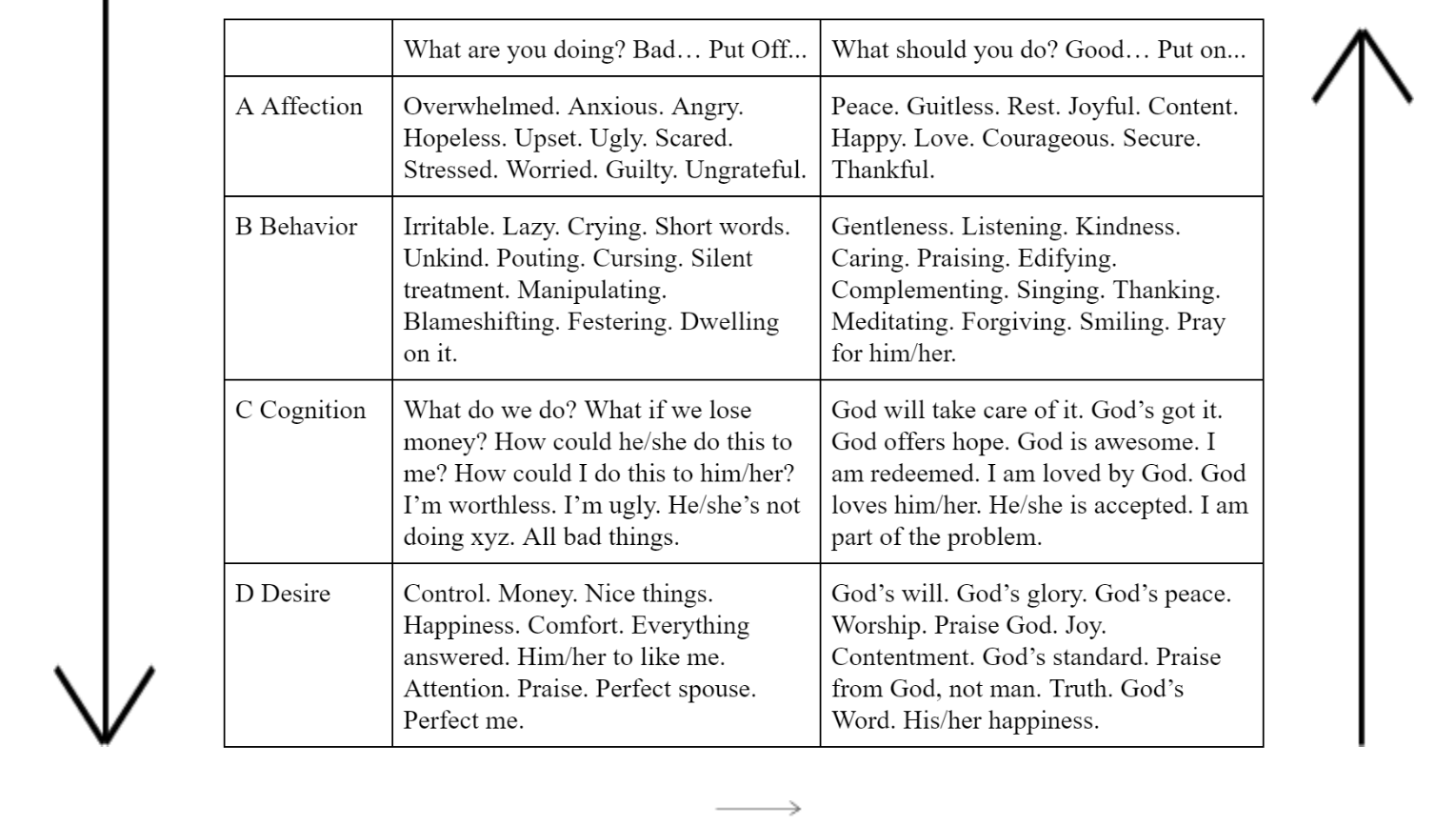Human Government: Good or Evil? | True Worldview Ep. 31
Human Government: Good or Evil?
Most Americans and most American Christians view government as basically good, ordained by God for the good of the nation and its citizens, and as having the God-given right to lay down just about any kind of law as long as it doesn’t violate the commands of God in scripture. Some would add that said laws must have some kind of support from the people perhaps the judiciary. The problem is that the bible doesn’t teach such a view. Surprisingly, one is hard-pressed to find human government cast in a positive light in scripture. On the contrary, human government is evil, oppressive, and beastly according to the scriptures.
God’s Warning About Earthly Kings
When Old Covenant Israel was a theocracy under direct rule from God, they decided they wanted to be like the pagan nations around them and demanded an earthly king. Samuel knew such a demand was evil and took the matter to God who told Samuel the people have no rejected you but Me. He told Samuel to give them an earthly king, but He also told Samuel to warn them.
This will be the behavior of the king who will reign over you: He will take your sons and appoint them for his own chariots and to be his horsemen, and some will run before his chariots. He will appoint captains over his thousands and captains over his fifties, will set some to plow his ground and reap his harvest, and some to make his weapons of war and equipment for his chariots. He will take your daughters to be perfumers, cooks, and bakers. And he will take the best of your fields, your vineyards, and your olive groves, and give them to his servants. He will take a tenth of your grain and your vintage, and give it to his officers and servants. And he will take your male servants, your female servants, your finest young men, and your donkeys, and put them to his work. He will take a tenth of your sheep. And you will be his servants. And you will cry out in that day because of your king whom you have chosen for yourselves, and the Lord will not hear you in that day (1 Sam. 8:11-18).
The consequences of human government were disastrous for Israel, and the same is true of nations today. If David, a man after God’s own heart, drafted and taxed the people, confiscated their property, took Uriah the Hittite’s wife and murdered him, what kinds of things will kings, parliaments, and congresses comprised of a mixed multitude do? Think of marauding kings through the Old Testament, of Ahasuerus abducting our-hundred women including Esther to be sex slaves, or Nero persecuting Christians mercilessly. Think of all the evil things governments throughout history have done. Think of the evil things our own government has does and continues to do. It’s hard to argue with biblical and historical evidence flashing like a neon sign.
God’s Kingdom and Rival Kingdoms
Daniel is instructive here. He prophesied of four evil kingdoms over a 490-year time period (seven sevens): Babylon, the Medo-Persian Empire, the Greek Empire, and the Roman Empire. In the midst of the Roman Empire another kingdom would be established: one made without hands, unshakable, righteous, and eternal – the Kingdom of God. With the birth of Christ this kingdom was inaugurated. Daniel tells us that this kingdom will smash the other kingdoms in pieces. He implies that these kingdoms and indeed all earthly kingdoms are rival kingdoms to the Kingdom of God. King Jesus will destroy them all with the brightness of His coming at the consummation of His kingdom.
God’s Description of Human Government
And then we have Revelation 13 and the beast. Whether you regard the beast as Nero-Caesar, the Roman Empire, or human government in general, that’s just the point, the human government in general is the beast – empowered by Satan. The bible does not present human government in a positive light.
God’s Means of Human Flourishing
Of course, many will ask about Romans 13. It’s common to assume that Paul is giving a theology of government and what it should be. But he’s not. It doesn’t even make sense for him to do such in that letter. What he’s doing is encouraging persecuted Christians to endure Nero because God has ordained him for their good: their spiritual good that is – their sanctification. It’s a practical admonition that flows from his point in Rom. 8:28 and following. Space won’t allow a full treatment of that text here; we’ll deal with that in a future post. But substitute the word Nero for the word authorities in Romans 13, and some light will be shed. Read it in the context of Romans 12 and the last part of that chapter, and the light will get brighter.
The point is that human government is not ordained by God for the good of the nation and its citizens. To see that as the role of government is to confuse it with the role of the church and the gospel.
Sign up free for "True Worldview News," a weekly e-mail newsletter highlighting relevant news stories affecting Christians. Dr. Dean’s comments on selected stories along with editorials are included. The newsletter also features True Worldview, a twice-weekly podcast hosted by Dr. Dean and his daughter, Christi Johnson.


